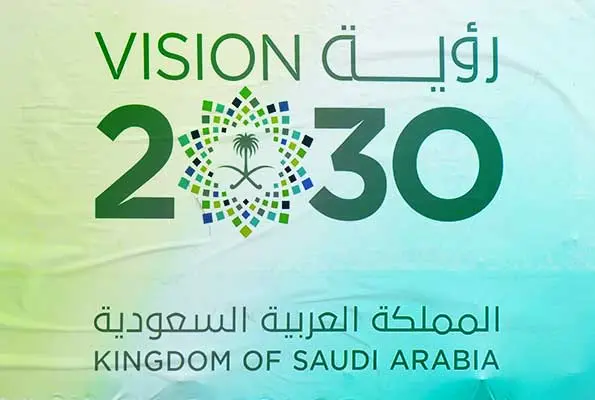Saudi Arabia’s Vision 2030, with its heavy emphasis on human capital, has triggered a boom in executive education. Companies and government agencies are investing in leadership and tech training to prepare managers for the Kingdom’s economic transformation. London Business School (LBS) reports a 250% jump in Saudi executive enrolments in its open-enrolment programmes over four years.
Remarkably, the number of Saudi women in those programmes rose 350% in the same period, reflecting Vision 2030’s push for a more inclusive workforce. Local players are also scaling up: Prince Mohammed Bin Salman College of Business (MBSC) announced partnerships with a dozen major firms (NEOM, STC, Aramco, etc.) to train their staff.
According to the 2023 data, MBSC enrols roughly 700 executives in its leadership programmes. Analysts note that this surge is not incidental but driven by reforms. As European Business Review observes, “Vision 2030 reforms… have pushed a renewed focus on leadership development and performance standards” across government and industry. In short, upskilling Saudi managers has become a strategic priority of the reform agenda.
Key international partnerships and programmes fuelling Saudi Arabia’s executive education boom include London Business School, which opened its Riyadh office in 2025 and reported a 250% rise in Saudi participation in its executive courses over four years, with plans to train 10,000 Saudi managers by 2030 through collaborations with Aramco, PIF, and SABIC.
Babson College partnered with the MiSK Foundation in 2016 to establish the Prince Mohammed Bin Salman College, offering an Executive MBA and specialised finance and management programmes tailored to Vision 2030.
IE Business School in Spain is preparing to launch a Riyadh campus, citing the Gulf as the fastest-growing region for executive education. Meanwhile, Oxford University’s Smith School is developing customised courses on sustainability and innovation, responding to rising Saudi interest in carbon capture, climate resilience, and green technology.
Behind these initiatives, the market is expanding rapidly. Industry analysis projects that the Middle East executive training market will nearly double by 2030. One report forecasts the regional executive-education segment growing from about USD 5.0 billion in 2023 to USD 9.4 billion by 2030, driven largely by Gulf countries’ reform programmes (e.g. Vision 2030) and digitalisation. Globally, the live-streaming e-commerce sector, a related “digital economy” trend, is forecast to hit USD 940 billion in 2024, underscoring how fast tech-driven training needs are growing.
Companies are responding by launching new programmes. Besides MBSC’s offerings, Aramco and the Public Investment Fund have set up internal leadership academies. General Motors reports it has sent hundreds of Saudi engineers to MIT and Harvard for AI and smart-manufacturing courses. In banking, for example, Saudi Awwal Bank partnered with INSEAD in 2024 to upskill 2,000 managers in fintech and data analytics. These specific examples underscore the broader trend: public and private sector leaders are co-designing training with elite universities.
Saudi Arabia’s education “ecosystem” is rapidly evolving. Enrolment data, from LBS’s 250% growth to MBSC’s 700+ exec students, confirms a genuine surge in demand. Fuelled by Vision 2030’s goals and a tech-driven economy, leadership, innovation, and digital-management programmes have become not just desirable but essential.
As one LBS dean notes, firms are under pressure to build “home-grown talent for the next generation of industries,” turning executive development from a sideline into a core investment. With multiple international campuses and local institutes expanding, the once-nascent Saudi executive-education market is now firmly on the rise.


